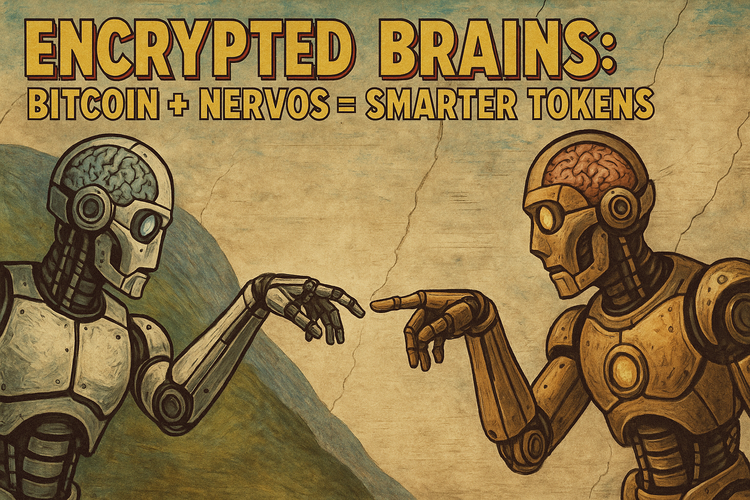Your Digital Stuff? More Like Their Digital Stuff!

Okay, let's get real. You think you own that Kindle book? Think again, friend! 📚💨 Amazon just dropped a little bombshell, basically saying, "Hey, remember that book you bought? Yeah, you're just renting." They're like, "By placing your order, you’re purchasing a license to the content and agree to the Kindle Store Terms of Use.” Fancy words for: "We let you look at it... for now."
And guess what? Starting February 26, 2025, you can't even download those digital tomes to your computer via USB anymore. Amazon's like, "Cloud or bust, baby!" ☁️💥 Remember that cozy feeling of owning a physical book? Yeah, that's gone.
But wait, there's more! This isn't just an Amazon thing. Ever tried listening to your favorite tunes offline on that streaming app? Nope! 🚫🎶 They're like, "Pay us monthly, or enjoy the ads!" Remember CDs? Those were the good ol' days, right? You could lend them, sell them, play them backward for secret messages... ah, the freedom!
Now, let's get philosophical for a sec. What is ownership anyway? Oxford Dictionary says it's "The exclusive right to use, possess, and dispose of property." Exclusive, huh? Sounds fancy. But if someone can yank your stuff away, is it really yours? 🤔
And it's not just books and music. What about your online persona? Your social media handle? "You possess your name or handle on social media or email. That is you, it is your online likeness, persona, and content that you created." Cool, right? Until Facebook or X decides to lock, ban, or delete your account. Poof! 💨 Your digital identity? Gone.
And your money? Don't even get me started. "You possess it, and you have legal rights to it, but banks freeze accounts, and governments seize funds all the time." So, yeah, not exactly "yours" in the truest sense.
Here's the kicker: True ownership means you control it. No ifs, ands, or buts. In the real world, that usually means force. But in the digital world? It's all about encryption. 🔒✨
"Encryption doesn’t just protect digital ownership; it changes the very nature of power. It removes violence from the equation." Boom! 💥 A government can grab a server, but if your data's encrypted, they're SOL. Only you hold the key.
"Will Jager" says it best: "Digital signing in encrypted systems is how you prove ownership and control in the digital world." Think PGP, Nostr, and Bitcoin. "Bitcoin exemplifies this principle. Controlling your private keys means only you can access and manage your funds. When you sign a Bitcoin transaction, only you can access and move your money. No bank can freeze it, no government can seize it without your key."
"Not your keys, not your coins," as the Bitcoin folks say. If you don't control your private keys, you don't own your Bitcoin. Plain and simple.
Bitcoin: The Best Example of True Digital Ownership
The phrase “Not your keys, not your coins” isn’t just a meme—it’s a fundamental rule of Bitcoin. If your BTC is on an exchange, you don’t own it. The exchange holds the private keys, which means:
They can freeze your funds.
They can limit withdrawals.
They can (and have) lost billions in customer assets.
Bitcoin stored in a self-custody wallet? That’s real ownership. No bank, government, or institution can take it from you. Same goes for decentralized social media, encrypted messaging, and any digital asset controlled by private keys.
Here's the takeaway
The digital world is a wild west, and "possession" is just an illusion. If you want to truly own your stuff, control your keys. Otherwise, someone else is pulling the strings. 🎭🔑
Basically, if you want your digital stuff to be your digital stuff, get into encryption, private keys, and all that jazz. It's the digital equivalent of hiding your treasure in a secret cave. 🏴☠️💎 And who doesn't love a good treasure hunt?

Disclaimer
*The information and analysis provided in this article are intended for educational and informational purposes only and should not be considered as financial, investment, or professional advice. While our team strives to ensure the accuracy and reliability of the content, we make no representations or warranties of any kind, express or implied, about the completeness, accuracy, reliability, suitability, or availability of the information presented.
The content within this article may include opinions and forward-looking statements that involve risks and uncertainties. The blockchain and cryptocurrency markets are highly volatile, and past performance is not indicative of future results. Any reliance you place on the information presented is strictly at your own risk. Before making any investment decisions, we highly recommend consulting with a qualified financial advisor or conducting your own thorough research.
By accessing and using the information provided in this article, you acknowledge and agree that neither the authors, publishers, nor any other party involved in the creation or delivery of the content shall be held liable for any direct, indirect, incidental, consequential, or punitive damages, including but not limited to loss of profits, goodwill, or data, arising out of your use or inability to use the information provided or any actions you take based on the information contained within this section.*





